THE ORE
Before Man’s labouring wisdom gave me birth
I had not even seen the light of day;
Down in the central darkness of the earth,
Crushed by the weight of continents I lay,
Ground by the weight to heat, not knowing then
The air, the light, the noise, the world of men.
THE TREES
We grew on mountains where the glaciers cry,
Infinite sombre armies of us stood
Below the snow-peaks which defy the sky;
A song like the gods moaning filled our wood;
We knew no men—our life was to stand staunch,
Singing our song, against the avalanche.
THE HEMP AND FLAX
We were a million grasses on the hill,
A million herbs which bowed as the wind blew,
Trembling in every fibre, never still;
Out of the summer earth sweet life we drew.
Little blue-flowered grasses up the glen,
Glad of the sun, what did we know of men?
THE WORKERS
We tore the iron from the mountain’s hold,
By blasting fires we smithied it to steel;
Out of the shapeless stone we learned to mould
The sweeping bow, the rectilinear keel;
We hewed the pine to plank, we split the fir,
We pulled the myriad flax to fashion her.
Out of a million lives our knowledge came,
A million subtle craftsmen forged the means;
Steam was our handmaid and our servant flame,
water our strength, all bowed to our machines.
Out of the rock, the tree, the springing herb
We built this wandering beauty so superb.
THE SAILORS
We, who were born on earth and live by air,
Make this thing pass across the fatal floor,
The speechless sea; alone we commune there
Jesting with death, that ever open door.
Sun, moon and stars are signs by which we drive
This wind-blown iron like a thing alive.
THE SHIP
I march across great waters like a queen,
I whom so many wisdoms helped to make;
Over the uncruddled billows of seas green
I blanch the bubbled highway of my wake.
By me my wandering tenants clasp the hands,
And know the thoughts of men in other lands.
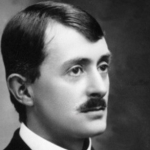







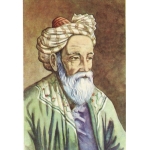

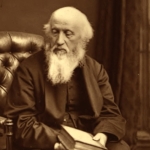


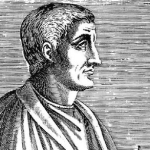

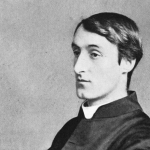




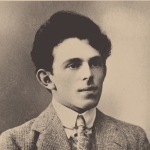
Comment form: